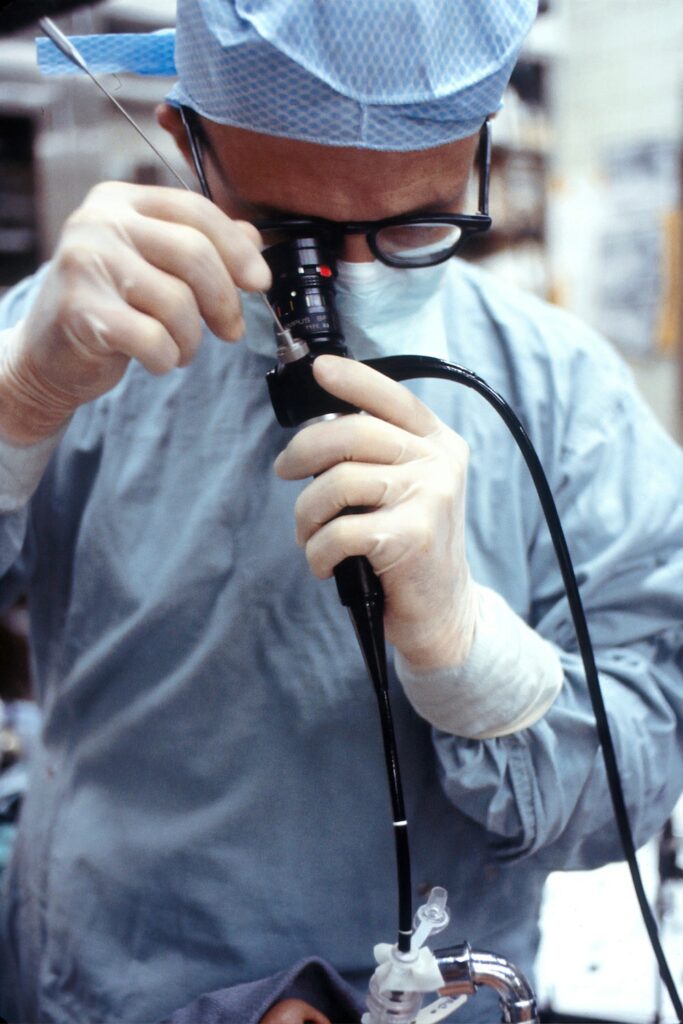What is lung cancer?
Lung cancer forms in the cells lining air passages. There are two main types: small-cell and non-small cell, diagnosed based on how your cells look under a microscope. Lung cancer is among the top causes of death in the United States, both in men and women. Smoking is the leading cause, so if you are a current smoker, quitting smoking may reduce your chance of getting lung cancer.
What are the symptoms of lung cancer?
If you have lung cancer, you may have chest pain, dry cough, coughing up blood, trouble breathing, and a hoarse voice. Other symptoms may occur if the cancer is in an advanced stage, including bone pain and fatigue. Staging of lung cancer is done to find out how far cancer has spread. The proper treatment plan will rely on the correct staging of your cancer.
How is lung cancer diagnosed?
When lung cancer is suspected, your doctor will order a chest X-ray. Other workups include blood tests, CT, PET scans, and a biopsy to look at a tissue sample under a microscope.
What is the treatment for lung cancer?
One or more of the following treatments is typically needed if you have been diagnosed with lung cancer:
- Surgery: to remove the cancer
- Chemotherapy: to kill the cancer cells or stop their growth
- Radiation therapy: to kill the cancer cells
- Immunotherapy: the use of medicines that use your body’s immune system to slow down or stop cancer cells’ growth
- Targeted therapy: an oncologist ordered use of specific medication designed to work only on certain types of cancers
Regular follow-ups are needed after you complete your initial treatment plan. Standard follow-up tests are typically required to ensure a continued response to the treatment and ensure no cancer recurrence. If cancer recurs, the patient will likely need additional treatment sessions.
Do you think you have Lung Cancer? Call our Pulmonary Clinic at (978) 254-4983 to get scheduled as soon as possible. Click here to Contact Us. If you are experiencing a medical emergency, please call 911.
Image courtesy of The National Cancer Institute


